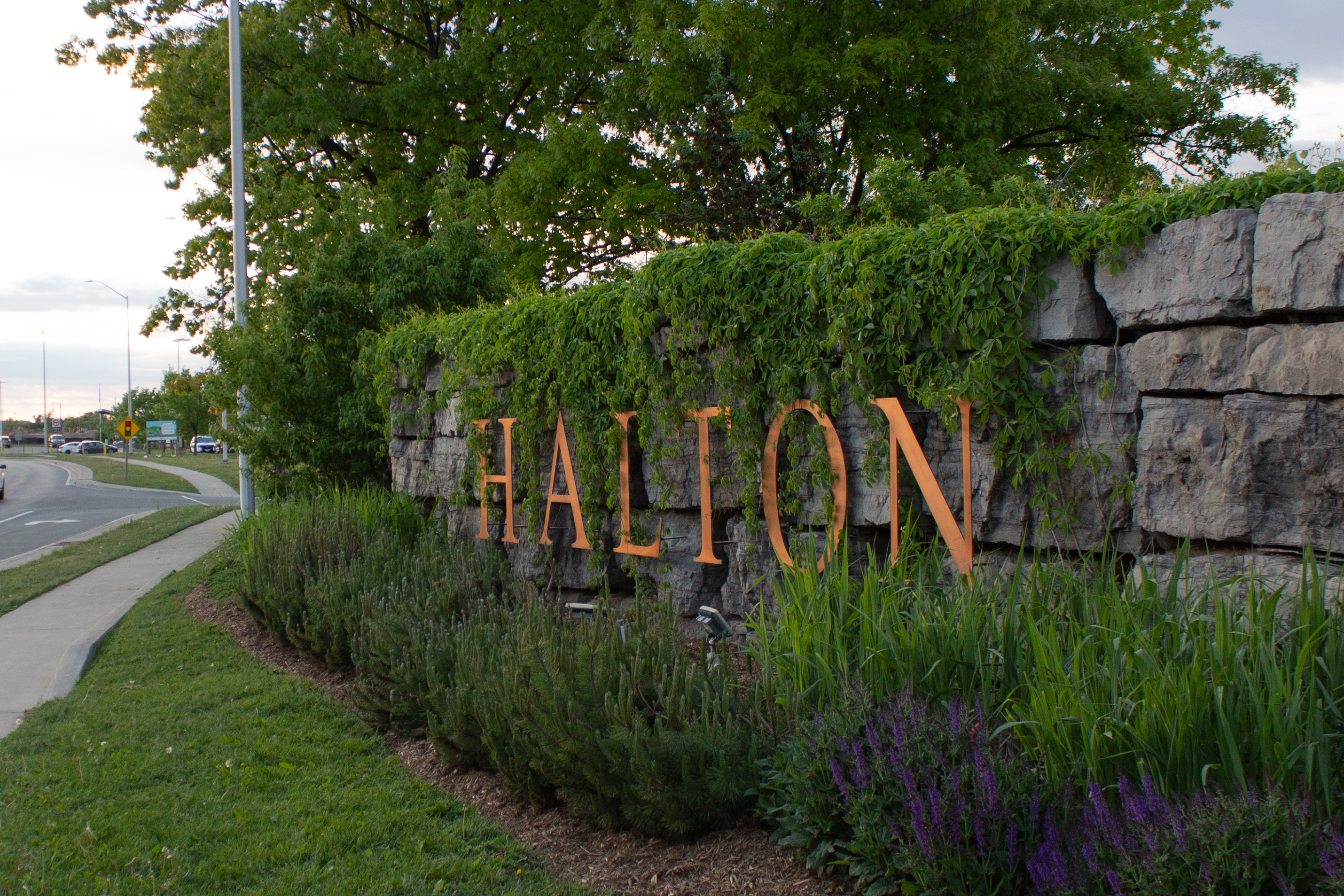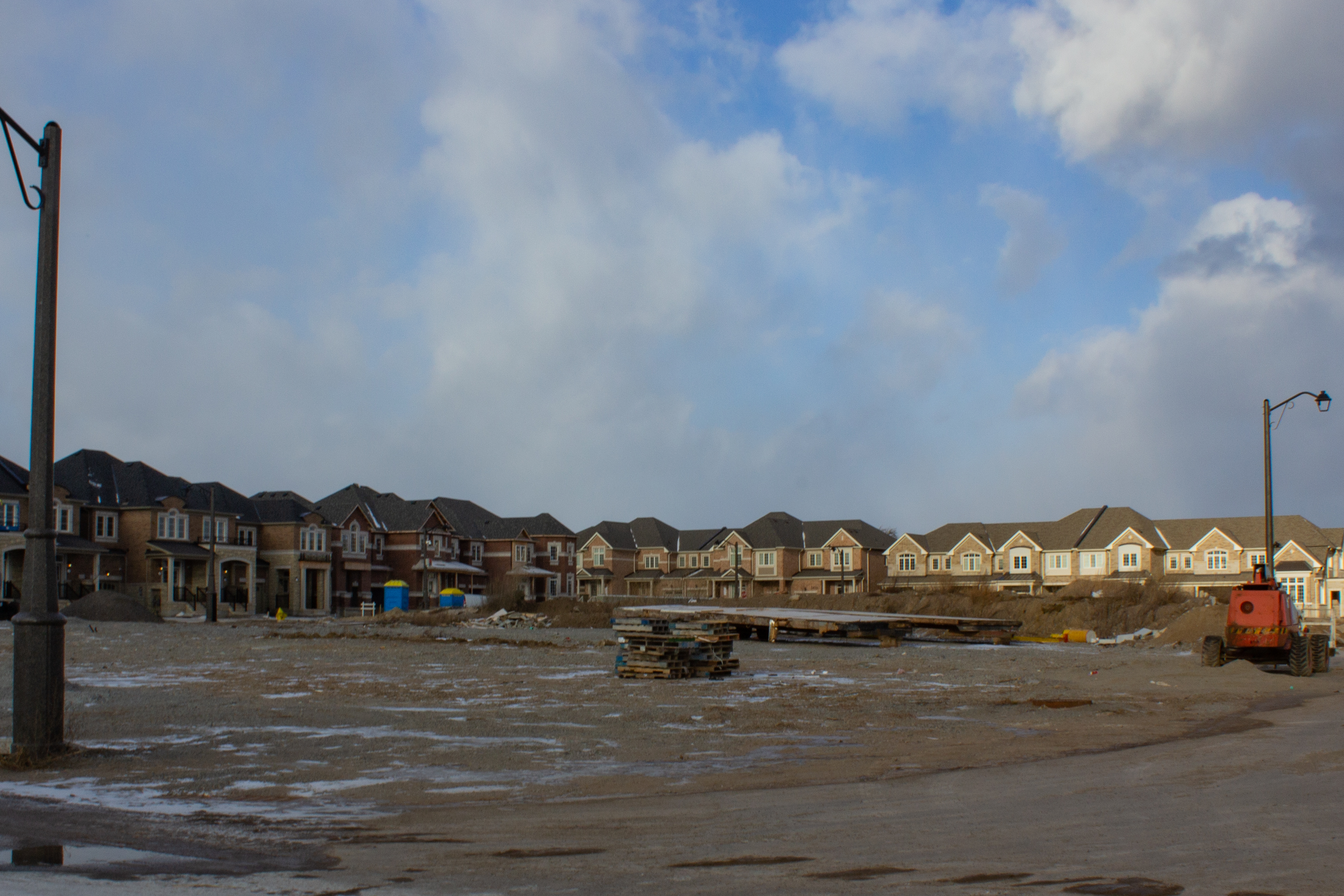
Halton Regional Council met yesterday, unanimously agreeing to move forward with designing a tax on "vacant homes" across the region. The planned tax rate is one per cent of a property's assessed value. Mayor Burton believes that the tax might need to be raised much higher, over three per cent even, to truly affect Halton's housing crisis.
Vacant Homes Tax
The Vacant Homes Tax (VHT) would target only residential buildings in Halton that are left empty for six months or longer, with some exceptions. The idea is to control rising property prices while also creating revenue for affordable housing programs.

Housing affordability is a massive problem in Canada right now, particularly in Halton. Housing prices in Halton were 39 per cent higher in 2018 than in 2014, while average income was only 16.7 per cent higher. There is currently a waitlist of 3,200 applicants for Halton Region’s subsidized housing program.
According to regional estimates, there are close to 5,000 vacant homes in Halton. Staff predict that 985 of those houses would meet the specific qualifications for the tax, representing 0.5 percent of the housing supply. If the tax is implemented, the region believes it could lead to more than $6 million a year in revenue, to then be streamed into other housing initiatives.
Burton welcomed the unanimous vote but said that it might be worth it to explore raising the tax rate higher than one per cent.
"I hope that some work could be done by next year to examine the impact and effectiveness of much higher than the one to three per cent range," he said in a statement.
With this vote, the VHT will now move into a phase for public comment and feedback. Funding of $300,000 for the design and implementation process will come from Halton's tax stabilization reserve.
"A VHT in Halton would lead to fewer vacant homes on our streets and more affordable options for those most in need of housing in our community," said Ward 6 councillor Tom Adams, who introduced the official vote at council.
The council hopes to combine this tax program with an increased supply of affordable housing.
The mayor explained that revenue from the tax could "go a long way" to helping community housing initiatives. It is important to note, however, that this reinvestment plan would still need to be approved by the provincial government.
As of 2021, Toronto is the only Ontario municipality to have implemented a VHT, although Ottawa, Hamilton, and Peel are all pursuing provincial approval. Halton’s staff is projecting the tax could be in place by 2025.
Councillor Adams said the vote results show "broad support" for the VHS and that council recognizes the need to fund housing.
This strategy comes on the heels of the Town of Oakville’s response to a housing report from the provincial Housing Affordability Task Force.
Councillors, town staff and the mayor disagreed with many of the Task Force’s recommendations, saying that they would take away control of how municipalities grow from locally elected officials.
Halton council will meet next May 18 at 9:30 a.m.